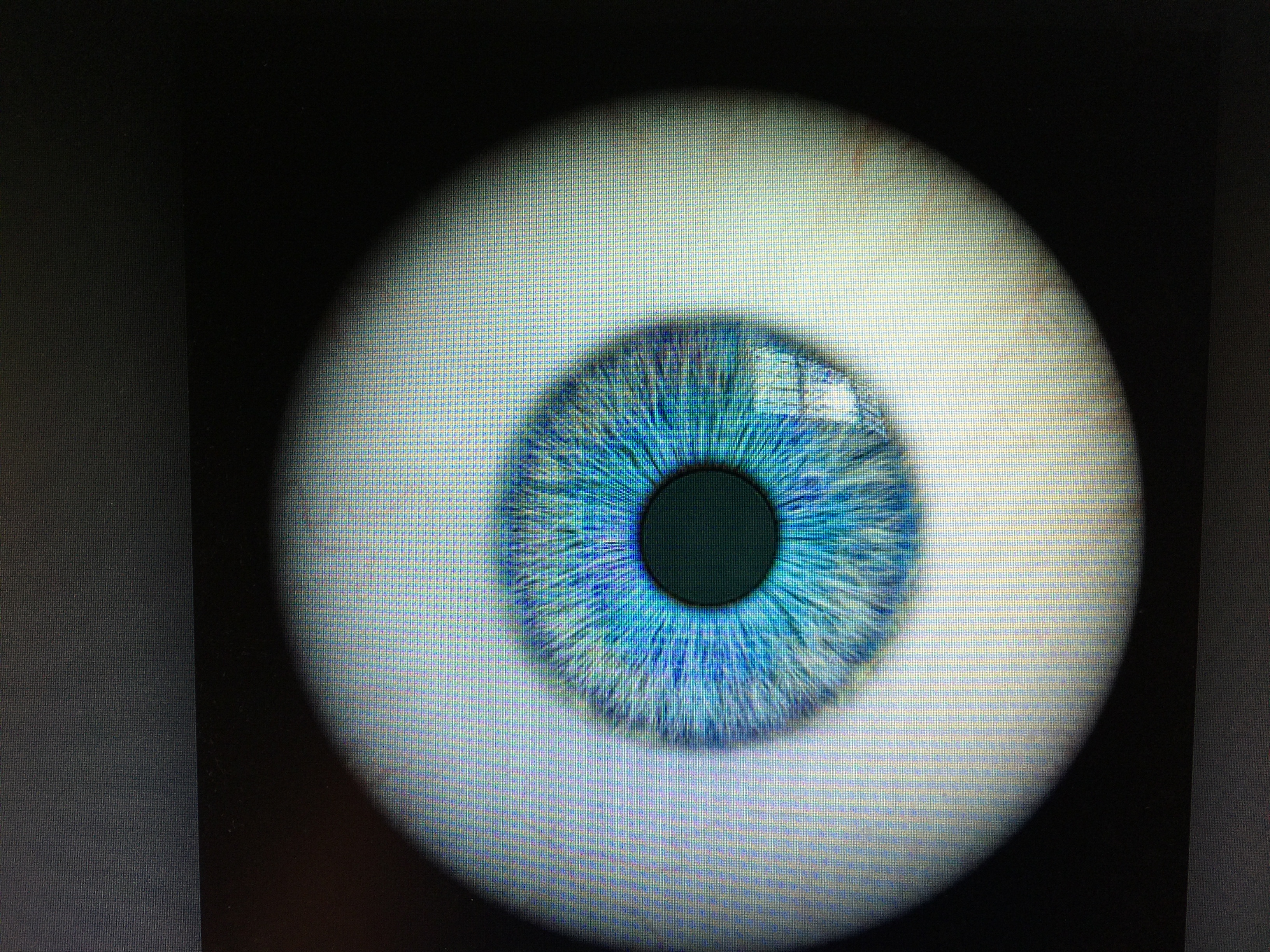
 “I had a dream, which was not all a dream.
“I had a dream, which was not all a dream.
The bright sun was extinguish’d, and the stars
Did wander darkling in the eternal space,
Rayless, and pathless, and the icy earth
Swung blind and blackening in the moonless air;
Morn came, and went and came, and brought no day,
And [people] forgot their passions in the dread
Of this desolation; and all hearts
Were chill’d into a selfish prayer for light:…”
Lord Byron describes well what must have been the experience of the Egyptians when the 9th plague of darkness befell them, as described in our Torah portion, Bo, this week.
This was not an ordinary darkness. So dense it was that a person couldn’t see his own hand in front of his face. The Midrash says that this darkness, choshech, wasn’t of the natural world. It wasn’t a solar eclipse nor the darkness that comes on a moonless night. While it oppressed the Egyptians guilty of enslaving the Israelites, the sun and universe operated normally. It was as if each Egyptian was imprisoned in a black box of isolation.
This darkness catapulted the Egyptians back to a time before creation itself when “darkness covered the face of the deep.” (Genesis 1:2)
From where did this darkness come, and what did it mean?
In Psalms (105:28) we read: “Shalach choshech va-yach’shich – God sent darkness and it became dark.”
In our portion God instructs Moses: “N’tei yad’cha al ha-shamayim vi-hi choshech… – “Hold your arm over the sky that there may be darkness upon the land of Egypt, a darkness that can be touched.” And Moses did so.
This darkness of heart and soul reflected the debased spiritual and moral condition of the Egyptians.
The Psalms (18:12) tell us something else as well: “Yashet choshech sitro s’vivotav sukato – He makes darkness be His screen round about him,” suggesting that the light that could not enter the Egyptian heart is always hidden, only with them it was nearly extinguished because they were slave-masters.
The Divine light, however, shone in all the Israelite dwellings. In its purest form it was a luminosity so brilliant that no one could see it and live. The mystics say that the Torah is a veil shielding the light which is revealed to each of us according to our capacity to fathom it.
Rabbeinu Bachya ben Asher (14th century Spanish Kabbalist) taught that God shut off every Egyptian’s antenna to receive this Godly light without interfering with the source of its transmission. But the Israelite antennae were open because our hearts were not hard.
What does all this mean for us?
If we live long enough we will suffer broken hearts. Some suffer chronic biochemical imbalances that need medical attention. Everyone needs love and support when we or our loved ones become ill, when we divorce and when a cherished loved one dies. Others among us lose our jobs and income. All these losses necessarily bring with them a pall of darkness.
Rabbi Isaac Meir Alter (19th century Poland) taught that the worst darkness of all is that blindness in which one person will not “see another,” and will refuse to look upon another’s misery and to help him. Such a person who can’t see another will become incapable of “rising from his/her place,” that is, of growing spiritually and emotionally.
Rabbi Yochanan taught that every eye has an area of white and black. We might think that the human being sees out of the white part. But no; we see out of the black part, which means that when we’re in the dark we’re capable of seeing what is in the light, but when we’re in the light we cannot see what is in the dark. (Yalkut Shimoni 378).
In other words, there is always hope, and there is always light, even when we suffer our darkest moments. In Egypt, wherever a Jew went, light also went because the light was in them. That is what it means to be a Jew. To live the light, to be a light to others, and to hope.
Shabbat Shalom!






















 More news and opinions than at a Shabbat dinner, right in your inbox.
More news and opinions than at a Shabbat dinner, right in your inbox.